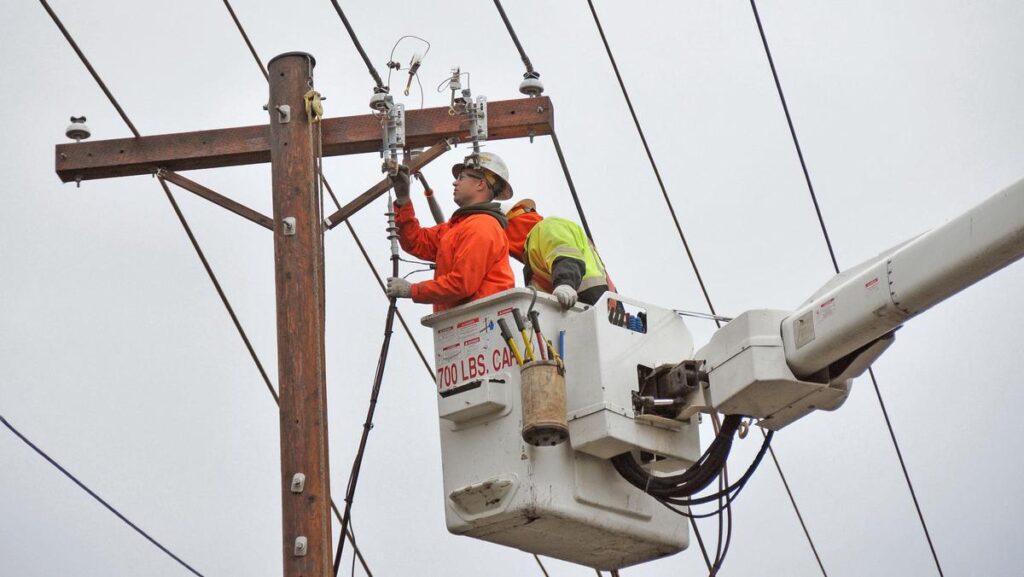If you’ve been keeping an eye on the energy news in Oregon, you may have heard about the upcoming rate hikes from PGE to take effect in 2024 sourced by KATU. These rate increases are the result of a range of factors, including escalating operational expenses, essential infrastructure investments, and compliance with environmental regulations. In this article, we’ll dive into the specifics of these impending rate adjustments, their potential impact on your monthly budget, and explore viable strategies to mitigate the increase.
Who Will Feel the Pinch?
Portland General Electric (PGE) residential customers in Oregon will face a substantial rate increase of approximately 17.2% beginning in January 2024, as approved by the utility company. Initially, PGE sought a 14% rate hike, which was slightly adjusted following negotiations with utility boards.
This 17% increase encompasses both higher operating expenses for PGE and increased wholesale power costs. Despite concerns from customers and advocates at a public comment meeting in May, the Public Utility Commission approved the increase. So, what can you do to offset the impact on your wallet and save on electricity costs heading into 2024?
Trimming Your Electricity Bills
Here are 5 simple ways your can trim you electric bill:
- Unplug Devices: Unplug chargers, appliances, and electronics when not in use to prevent “phantom” energy consumption.
- Limit Space Heater Use: Use space heaters sparingly, and heat only the rooms you’re actively using.
- Optimize Dishwasher Use: Run your dishwasher only when it’s fully loaded and use the energy-saving cycle.
- Air Dry Clothes: Instead of using a dryer, air dry your clothes to reduce energy consumption
- Solar Panels: Consider installing solar panels to generate your own electricity and potentially lower your bill.
One smart move is to transition to solar power, harnessing the sun’s energy to generate your electricity. By doing so, you’ll significantly reduce your dependence on electricity supplied by your utility company, resulting in substantial savings on your monthly bills. In some cases, solar panels can even generate surplus electricity that can be sold back to the grid, potentially earning you credits or income.
Making Solar Panels Affordable
You might be wondering how to afford the installation of solar panels. The good news is that many governments and states offer financial incentives and tax credits to promote the adoption of solar power. These incentives can help offset the initial costs of purchasing and installing solar panels, making the transition more budget-friendly. Common incentives include the federal Investment Tax Credit (ITC) in the United States, which allows you to deduct a percentage of the installation cost from your federal taxes, as well as state-level incentives such as rebates and grants.
Long-Term Savings
Solar panels have an impressively long lifespan, often exceeding 25 years. Once installed, they require minimal maintenance, and the sunlight used for electricity generation is entirely free. This reliable, long-term energy source can shield you from the relentless rise in electricity prices over the years. As energy costs continue to climb, the savings from your solar panels become even more substantial, resulting in significant long-term financial benefits.
With the specter of more power cost increases on the horizon, now is an opportune time to explore the investment in solar power. Solar energy has the potential to save you money by cutting your electricity bills, offering tax credits and incentives, and providing enduring savings through a dependable and cost-effective energy source. We recommend reaching out to a local company like Pure Energy Group to learn more about solar energy, installation costs, and to take full advantage of all the available tax credit options.


